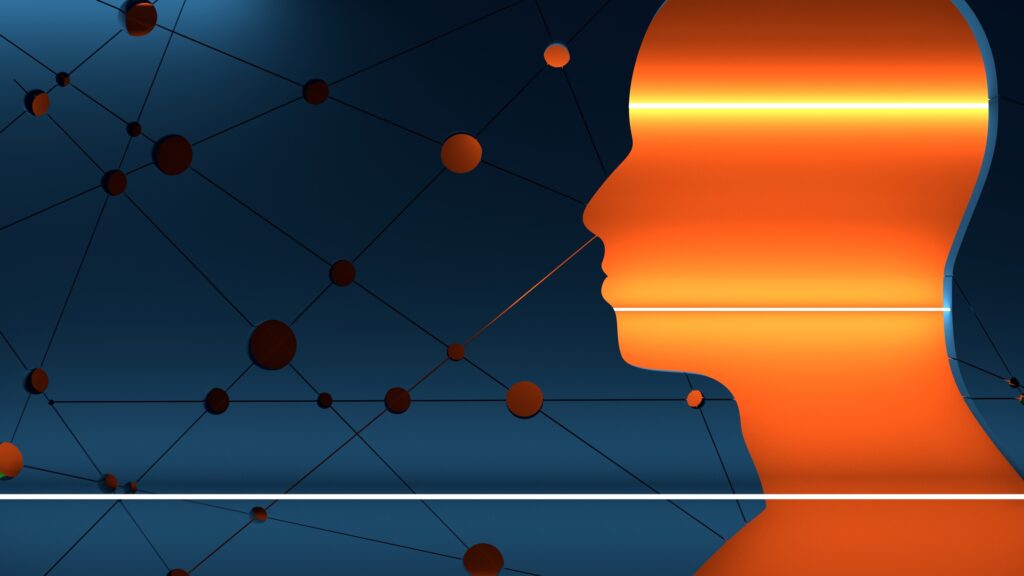But they told me
A man should be faithful
And walk when not able
And fight ‘til the end…
But I’m only human
(Will You Be There, Michael Jackson)
Pre Game:
Society socializes men to believe we need to be superheroes. Many of our first superheroes come from the wide world of sports. During the NBA finals, I watched the Dallas Mavericks’ Luka Doncic literally limp onto the court as the commentator celebrated him for doing what was expected: “play through” the pain of his knee injury. The same is true for men in general. We’re supposed to be invincible, unemotional, impervious to pain, and capable of handling anything thrown our way. However, in order to effectively and fully engage our mental health, we must accept our true reality: we are not superheroes…we are only human.
Being human means we accept that a team of mental health issues can sneak up on all of us. You can’t just bench-press this guy away, and ignoring him won’t make him disappear like that last slice of pizza. Talking about mental health doesn’t make you less of a man. It does make you a courageous man! Think about it: you’re facing an invisible challenge, acknowledging its presence, and then strategizing how to overcome it. These challengers come in many forms. Here are a few:
Quarter 1: Anxiety
Anxiety is like that annoying coworker who keeps showing up uninvited and makes everything stressful. It’s the mental equivalent of getting a surprise visit from your in-laws on game night. You want to be cool, but inside you’re a mess.
You might notice it when you’re trying to sleep but end up replaying every awkward interaction you’ve ever had. Or maybe it’s that feeling of dread before a big presentation at work. It’s like having a constant pop quiz on your sanity.
Quarter 2: Stress
Let’s talk about stress. You know, that thing that makes your left eye twitch when your boss sends you a “quick email” at 6 p.m. Stress is like that uninvited guest who crashes your party and eats all the snacks. It’s there, looming, even when you’re just trying to chill.
Work, family, bills, health—it all adds up. And let’s not even get started on the pressure to look like you’ve got it all together. If stress had a face, it would probably look like the guy from the meme below, sitting in a burning room, sipping coffee.
But unlike this meme, stress isn’t funny when it’s eating away at your mental well-being.
Quarter 3: Depression
Depression is that heavy weight that makes getting out of bed feel like climbing Everest. It’s not just about feeling sad; it’s a pervasive sense of numbness and hopelessness that can sap the joy out of life.
Think of depression as a leaky faucet. You might ignore the drip-drip-drip at first, but eventually, it floods your entire kitchen. And no, you can’t just “man up” and fix it with duct tape. Sometimes, you need to call in the professionals.
Quarter 4: The Signs
So, how do you know when to seek help? Here are some signs:
- Constant Sadness: Feeling down for weeks, not just days.
- Anxiety Attacks: Your heart races faster than you can handle.
- Loss of Interest: Nothing seems fun anymore.
- Sleep Issues: You’re either sleeping too much or not at all.
- Irritability: You’re snapping at everyone like a hungry grizzly bear.
If any of these sound familiar, it’s time to take action. Seek support.
Post Game: Rethinking Superhero
Finding a therapist can feel like admitting you need directions. (I know, I know, we never need directions.) But therapists are like GPS for your mind. They help you navigate through the rough patches and get you back on track. Think of it this way: you wouldn’t ignore a broken leg, right? You’d see a doctor and get it fixed. Your mental health deserves the same attention. Whether it’s talking to a professional, joining a support group, or even just opening up to a trusted friend, taking that first step is crucial.
I invite you to retire your superhero persona. It prevents us from seeking the help we need, negatively impacts our psychological and mental health, and prevents us from fully showing up for ourselves and others. Addressing our mental health takes courage. This is true. Thankfully, this act of courage does not require you to be a superhero…only human. If you think you could benefit from therapeutic support, please don’t hesitate to call Milestones at (443) 574-4295.

Submitted by: John Robertson, LMSW

